
In swing through WMass, AG Campbell warns country heading toward authoritarianism
SPRINGFIELD — Massachusetts Attorney General Andrea Campbell issued a stark warning that the country risked moving toward a situation of “authoritarianism versus democracy” under U.S. President Donald Trump, calling on her fellow lawyers to fight against the administration and to protect constitutional rights.

Working clay into the school day: Artist teaching Easthampton middle schoolers how to craft ceramic creations
EASTHAMPTON — In the art classroom of Mountain View School, students are getting their hands dirty and learning from a pro.
Most Read
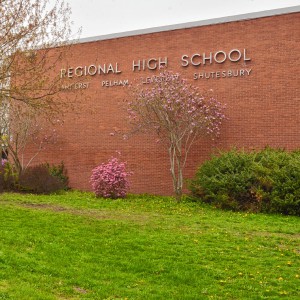 Student petition leads Amherst Regional High to reopen bathrooms during lunch; school will explore other ways to address vaping
Student petition leads Amherst Regional High to reopen bathrooms during lunch; school will explore other ways to address vaping
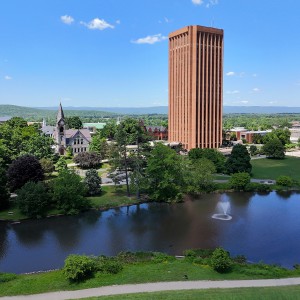 UMass faculty calls on land grant universities to join in fight against Trump administration; McGovern, AG also weigh in
UMass faculty calls on land grant universities to join in fight against Trump administration; McGovern, AG also weigh in
 Raising alarm: Towns over Barnes Aquifer raising alarm over lithium battery storage facility planned for Westfield
Raising alarm: Towns over Barnes Aquifer raising alarm over lithium battery storage facility planned for Westfield
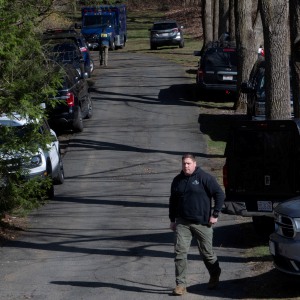 Hadley man detained after chemicals go missing
Hadley man detained after chemicals go missing
 Jones Library project in Amherst a go: Effort to rescind $46.1M in funding fails at emergency meeting
Jones Library project in Amherst a go: Effort to rescind $46.1M in funding fails at emergency meeting
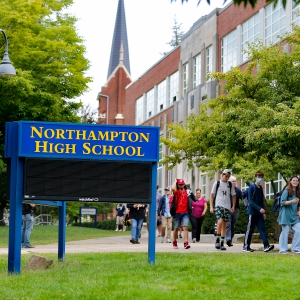 Guest columnist Bryan Jersky: The facts about Northampton school meals
Guest columnist Bryan Jersky: The facts about Northampton school meals
Editors Picks
 A Look Back, April 17
A Look Back, April 17
 From corsets to Spanx: Historic Deerfield opens the season with ‘Body by Design: Fashionable Silhouettes from the Ideal to the Real,’ May 3
From corsets to Spanx: Historic Deerfield opens the season with ‘Body by Design: Fashionable Silhouettes from the Ideal to the Real,’ May 3
 Arts Briefs: Asparagus Valley Pottery Trail, Showcase South Hadley, Best of the Valley Story Slam and more
Arts Briefs: Asparagus Valley Pottery Trail, Showcase South Hadley, Best of the Valley Story Slam and more
 Bach and better than ever: UMass Amherst biennial Bach Fest returns April 25-27 with a multitude of concerts and symposia
Bach and better than ever: UMass Amherst biennial Bach Fest returns April 25-27 with a multitude of concerts and symposia
Sports

Boys tennis: Reilly Fowles, Northampton hold off PVCICS in battle of top Hampshire County teams (PHOTOS)
AMHERST – It was a battle of two of Hampshire County’s best boys tennis players on Wednesday at Hampshire College.
Opinion

Connie Kruger and Susan Tracy: Support Jones Library renovation and expansion
We have always been in favor of the Jones Library renovation and expansion. We think the improvements to the HVAC system and teh climate controlled space for Special Collections alone make it a worthwhile project. The addition of dedicated children’s and tenn space, in addition to the expanded ESL space and teh new display space for teh African American Civil War tablets, speaks to those citizens in our community whose interests and needs can be easily overlooked. The fact that the renovation doesn’t use fossil fuels and advances the building to a net-zero structure gives it another great advantage over the current structure.
 Guest columnist Bryan Jersky: The facts about Northampton school meals
Guest columnist Bryan Jersky: The facts about Northampton school meals
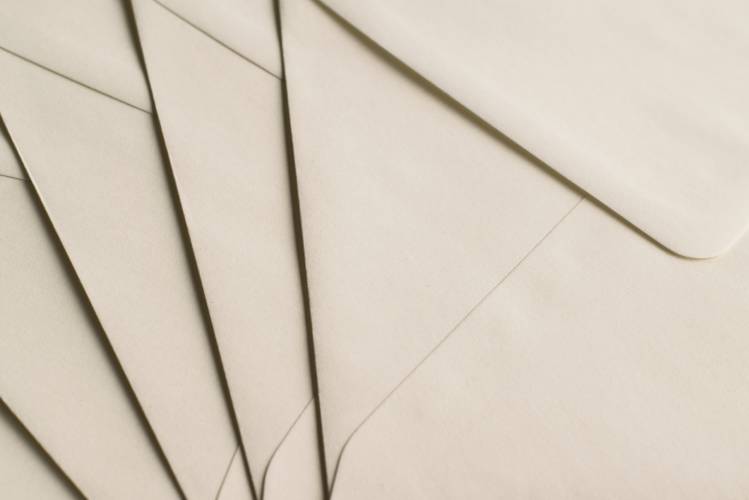 Butch Garrity: Honor public safety telecommunicators this week
Butch Garrity: Honor public safety telecommunicators this week
 Martin Konowitch: Is this what America wants?
Martin Konowitch: Is this what America wants?
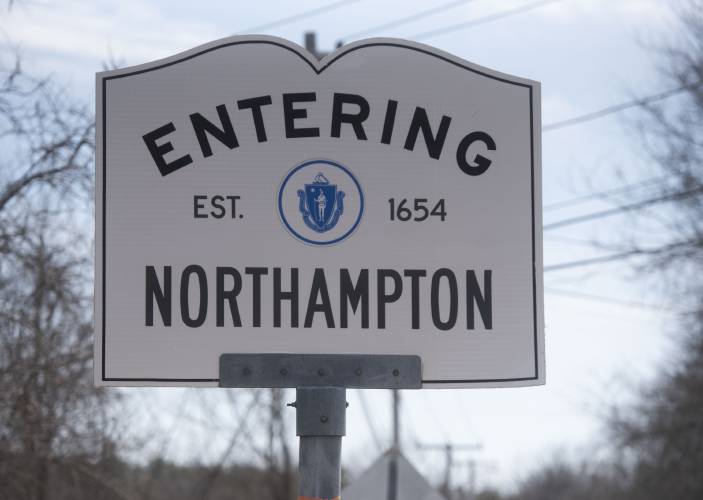 Jim Reis: Support for banning renter-paid broker fees
Jim Reis: Support for banning renter-paid broker fees

Your Daily Puzzles

An approachable redesign to a classic. Explore our "hints."

A quick daily flip. Finally, someone cracked the code on digital jigsaw puzzles.

Chess but with chaos: Every day is a unique, wacky board.

Word search but as a strategy game. Clearing the board feels really good.

Align the letters in just the right way to spell a word. And then more words.
Business
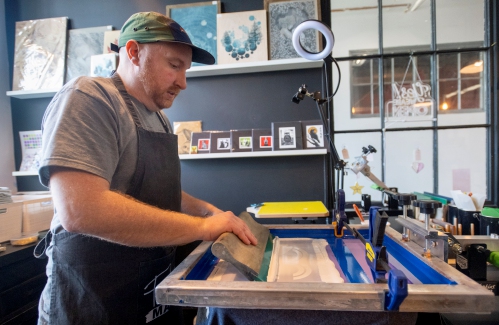
Community printing hub takes shape in Easthampton
EASTHAMPTON — On a sunny Tuesday afternoon, Drew Romeo was hard at work printing batches of custom shirts for his neighbors in the Eastworks building.
 With $402K grant, South Deerfield company with focus on supercapacitors poised to expand
With $402K grant, South Deerfield company with focus on supercapacitors poised to expand
 Area property deed transfers, April 11
Area property deed transfers, April 11
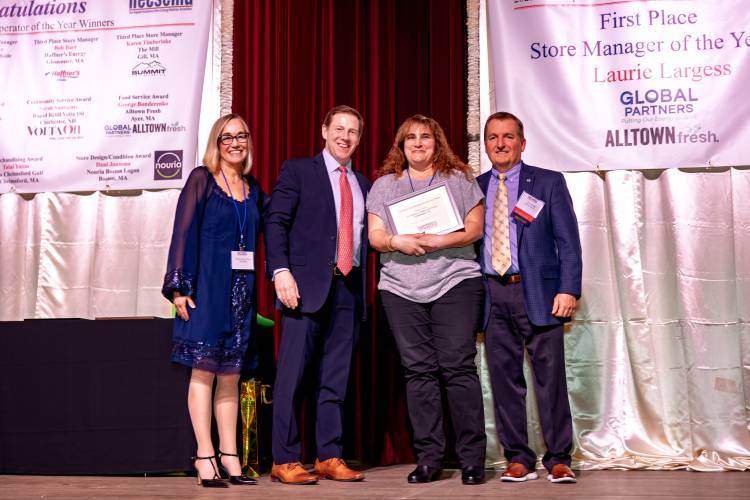 Making News in Business, April 11
Making News in Business, April 11
Arts & Life
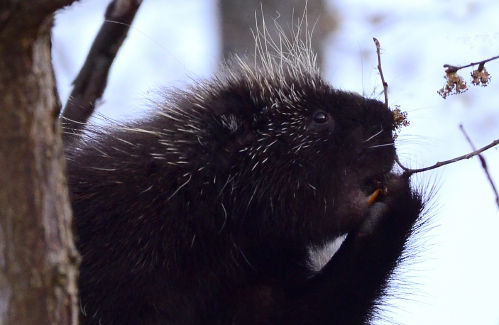
Speaking of Nature: A surprise in my maple tree: Porcupines just want to find something tasty to eat and be left alone
It was the end of an exciting day of nature photography and as I pulled into my driveway I figured that I was done for the day. I had been out in forests and fields and had managed to take just about 1,000 photographs of flowers, birds and even some turtles. I went into the house, set my camera on the writing desk by my kitchen window and started the process of shifting into “evening mode,” which is what everyone aspires to after a long day. On my way through the house, heading toward a change of clothes and something for dinner, I glanced out the back window and stopped in my tracks. What in Darwin’s name was that?
Obituaries
 Donna M. Crawford
Donna M. Crawford
Granville, MA - Donna M. (Perrier) Crawford (1969-2025) sadly passed away April 2, 2025, surrounded by her loving family. She was born 19 inches long and 8 pounds 9 ounces at Cooley Dickenson Hospital. She grew up in Southampton, MA nex... remainder of obit for Donna M. Crawford
 Jane Carol Baer-Leighton
Jane Carol Baer-Leighton
Hadley, MA - It is with deep sadness that we announce the passing of our matriarch Jane Carol (Janie) Baer-Leighton on April 11th, 2024 who passed away peacefully surrounded by her loving family. Born on January 28th, 1951 in Croswell, ... remainder of obit for Jane Carol Baer-Leighton
 Marion W. Copeland
Marion W. Copeland
Pelham, MA - Marion W. Copeland of Pelham, MA, died peacefully at the Elaine Center, Hadley, MA on Thursday, April 10, 2025. Marion, known to friends as Ronnie, was predeceased by her wife, Kathy Holmes. She is survived by her wonderful... remainder of obit for Marion W. Copeland
 Ted Tyzz-Lang Chen
Ted Tyzz-Lang Chen
New York, NY - Dr. Ted Tyzz-Lang Chen, a luminary in public health, cherished mentor, and deeply devoted family man, passed away on April 1, 2025, in New York City. He was 86. When Ted arrived in the United States in 1964, he had $200 ... remainder of obit for Ted Tyzz-Lang Chen


 Reported cuts to Head Start program have Community Action worried about consequences
Reported cuts to Head Start program have Community Action worried about consequences
 Local officials advocate for more state highway money
Local officials advocate for more state highway money
 Columnist Johanna Neumann: Let wildlife roam — An important new wildlife bill can help reconnect critical habitat
Columnist Johanna Neumann: Let wildlife roam — An important new wildlife bill can help reconnect critical habitat
 Granby School Committee selects Rickson as permanent superintendent
Granby School Committee selects Rickson as permanent superintendent
 Mold fixes underway Amherst middle school over spring break
Mold fixes underway Amherst middle school over spring break
 Area briefs: Bridges of Franklin County presentation; Leverett Earth Day cleanup; Leverett Democratic Party to caucus; Schoen Books charity book sale
Area briefs: Bridges of Franklin County presentation; Leverett Earth Day cleanup; Leverett Democratic Party to caucus; Schoen Books charity book sale
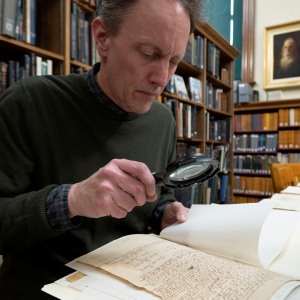 Trump’s order to target federal funding vexing to libraries, museums throughout region
Trump’s order to target federal funding vexing to libraries, museums throughout region
 Western Mass. groups send letter opposing pipeline expansion
Western Mass. groups send letter opposing pipeline expansion
 HS Roundup: Allie Randall, Emma Kornbluth team for doubles sweep in Belchertown’s win over Holyoke
HS Roundup: Allie Randall, Emma Kornbluth team for doubles sweep in Belchertown’s win over Holyoke Ultimate preview: Defending state champion Northampton looking for more
Ultimate preview: Defending state champion Northampton looking for more H.S. Notebook: Softball pitchers are wild across Western Massachusetts this spring
H.S. Notebook: Softball pitchers are wild across Western Massachusetts this spring Girls lacrosse: Teagan McDonald tallies 100th career goal in Northampton’s win over South Hadley (PHOTOS)
Girls lacrosse: Teagan McDonald tallies 100th career goal in Northampton’s win over South Hadley (PHOTOS)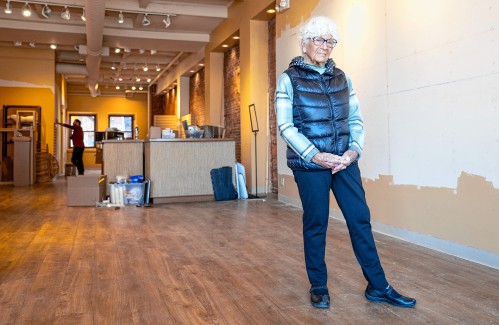 ‘Delightful’ Northampton store shopping guide Jane Hertz, 88, seeking next gig
‘Delightful’ Northampton store shopping guide Jane Hertz, 88, seeking next gig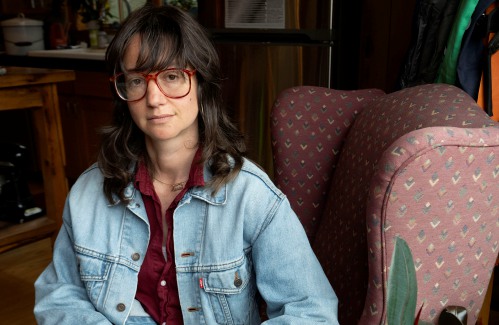 The cost of addiction: New novel draws on Valley backdrop to explore how substance use upends people’s lives
The cost of addiction: New novel draws on Valley backdrop to explore how substance use upends people’s lives The legend lives on: The Lightfoot Band brings the music of their late bandleader to the Iron Horse
The legend lives on: The Lightfoot Band brings the music of their late bandleader to the Iron Horse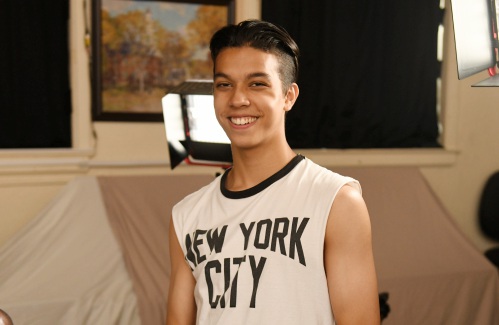 Young filmmaker makes his debut: 16-year-old director and writer to screen his film at Greenfield Garden Cinemas
Young filmmaker makes his debut: 16-year-old director and writer to screen his film at Greenfield Garden Cinemas Creativity empowers kids: Inaugural R.I.S.E. Fest is next weekend in Northampton
Creativity empowers kids: Inaugural R.I.S.E. Fest is next weekend in Northampton
